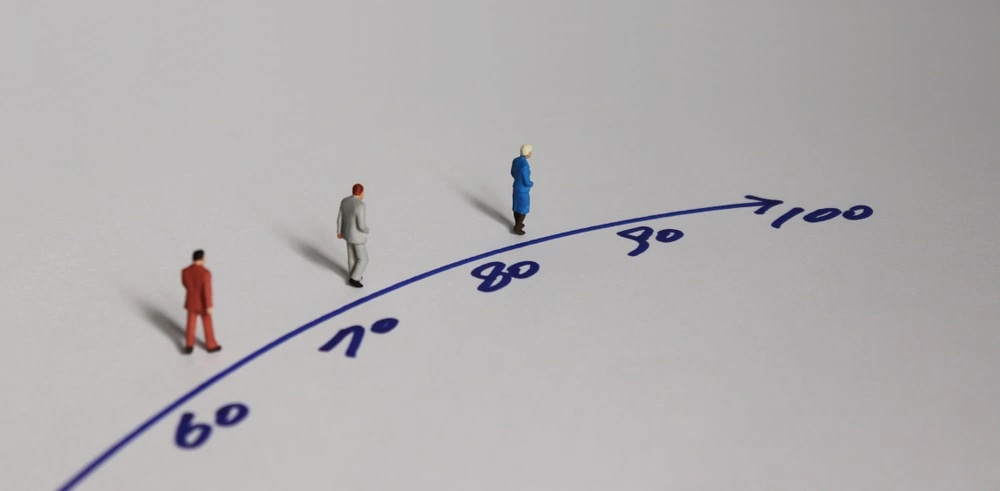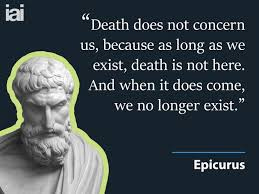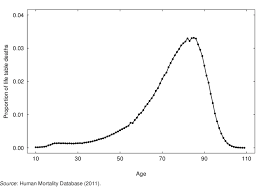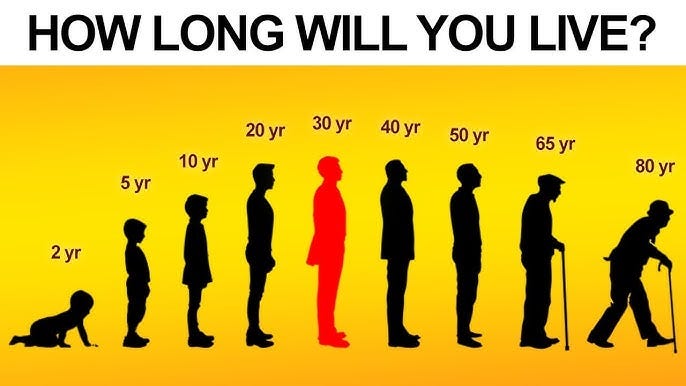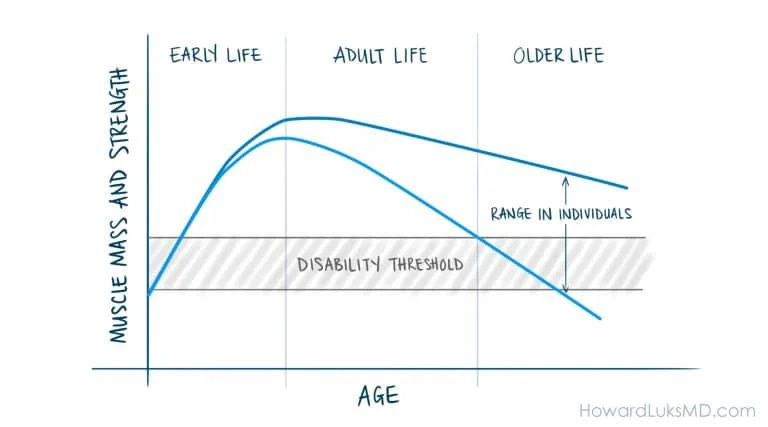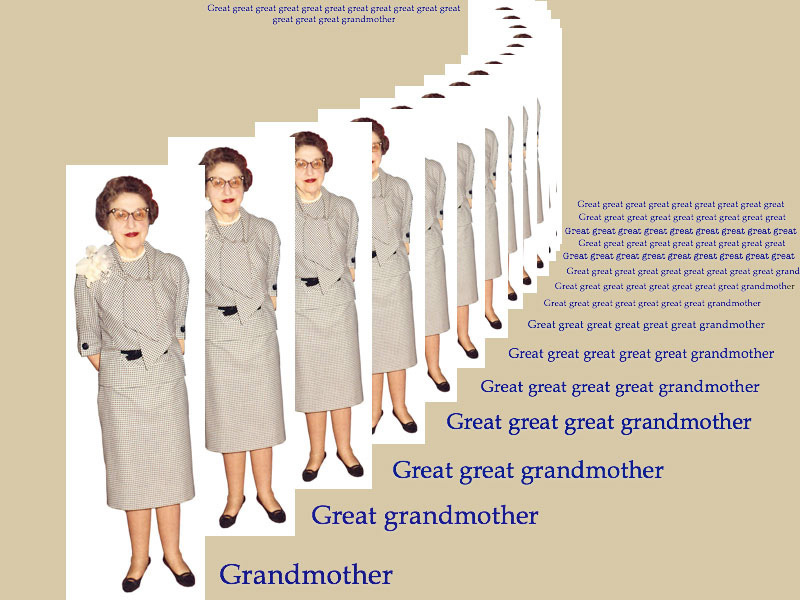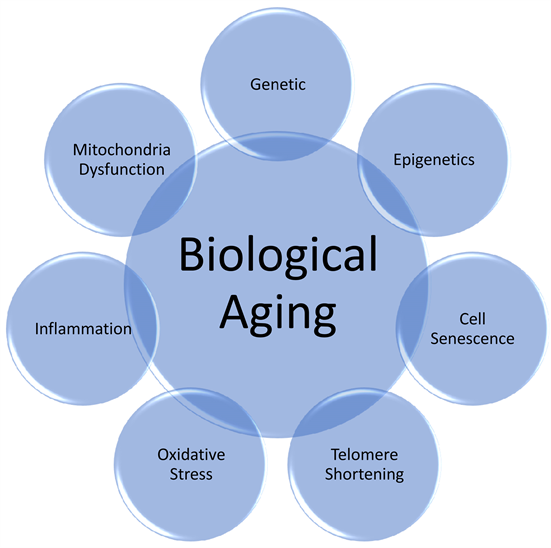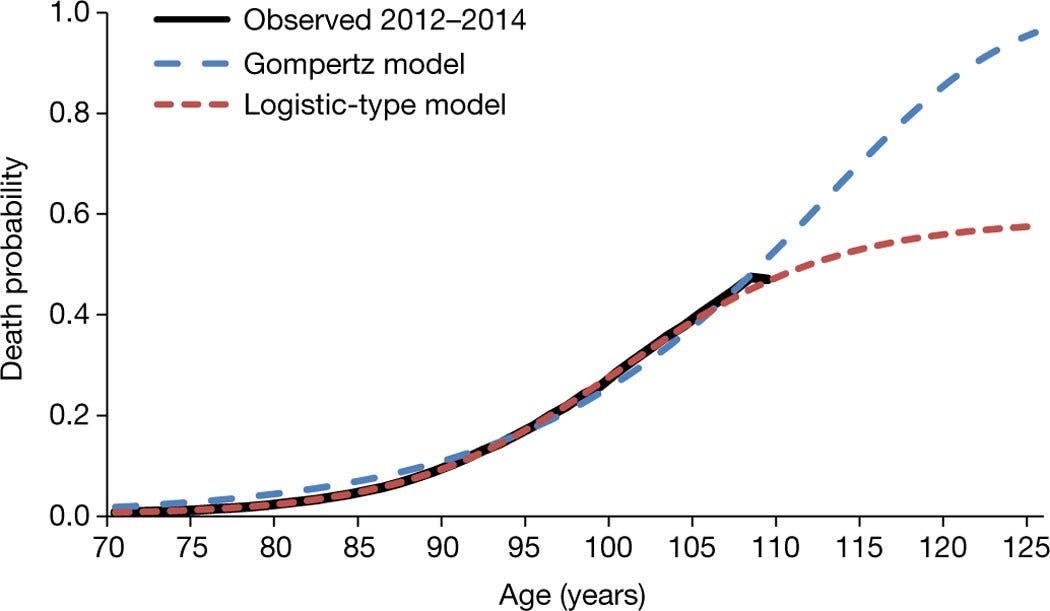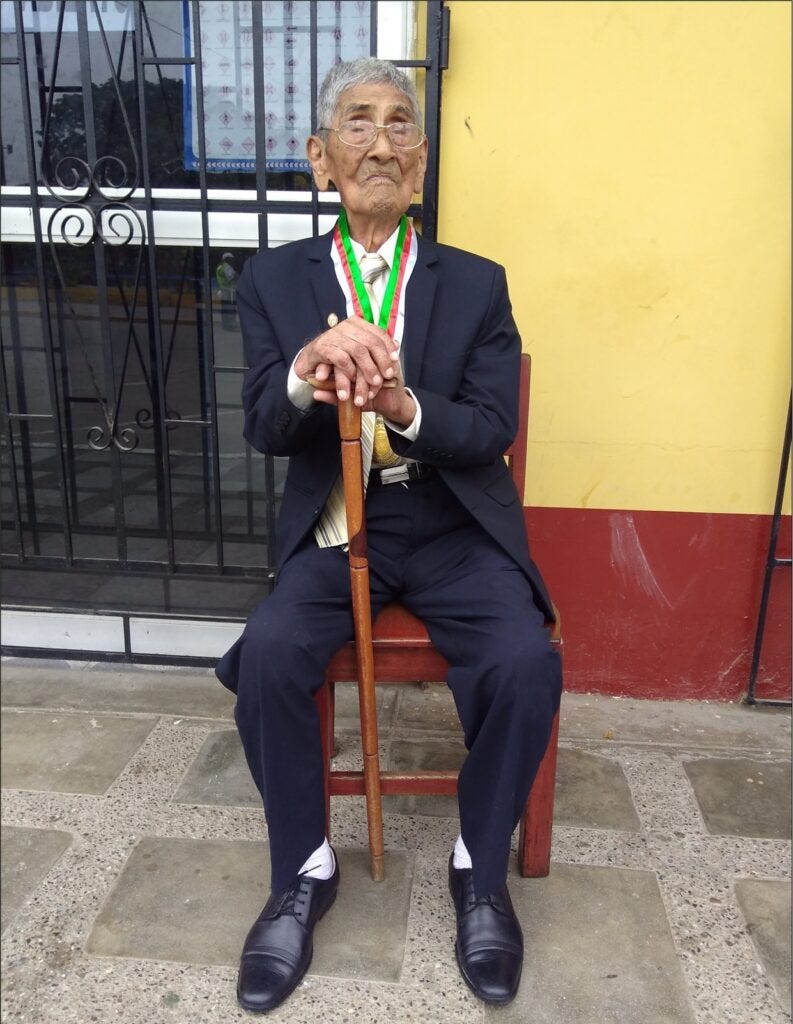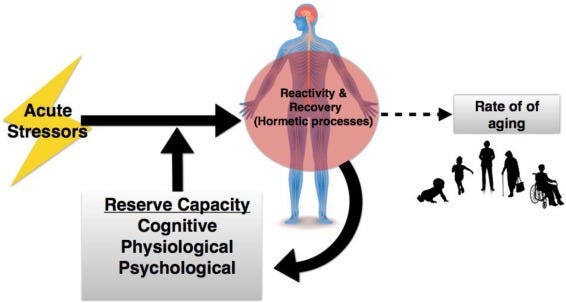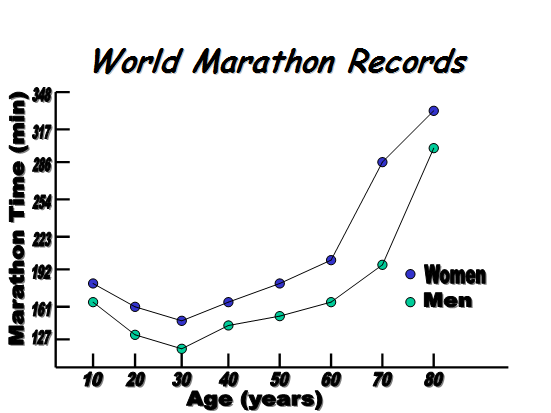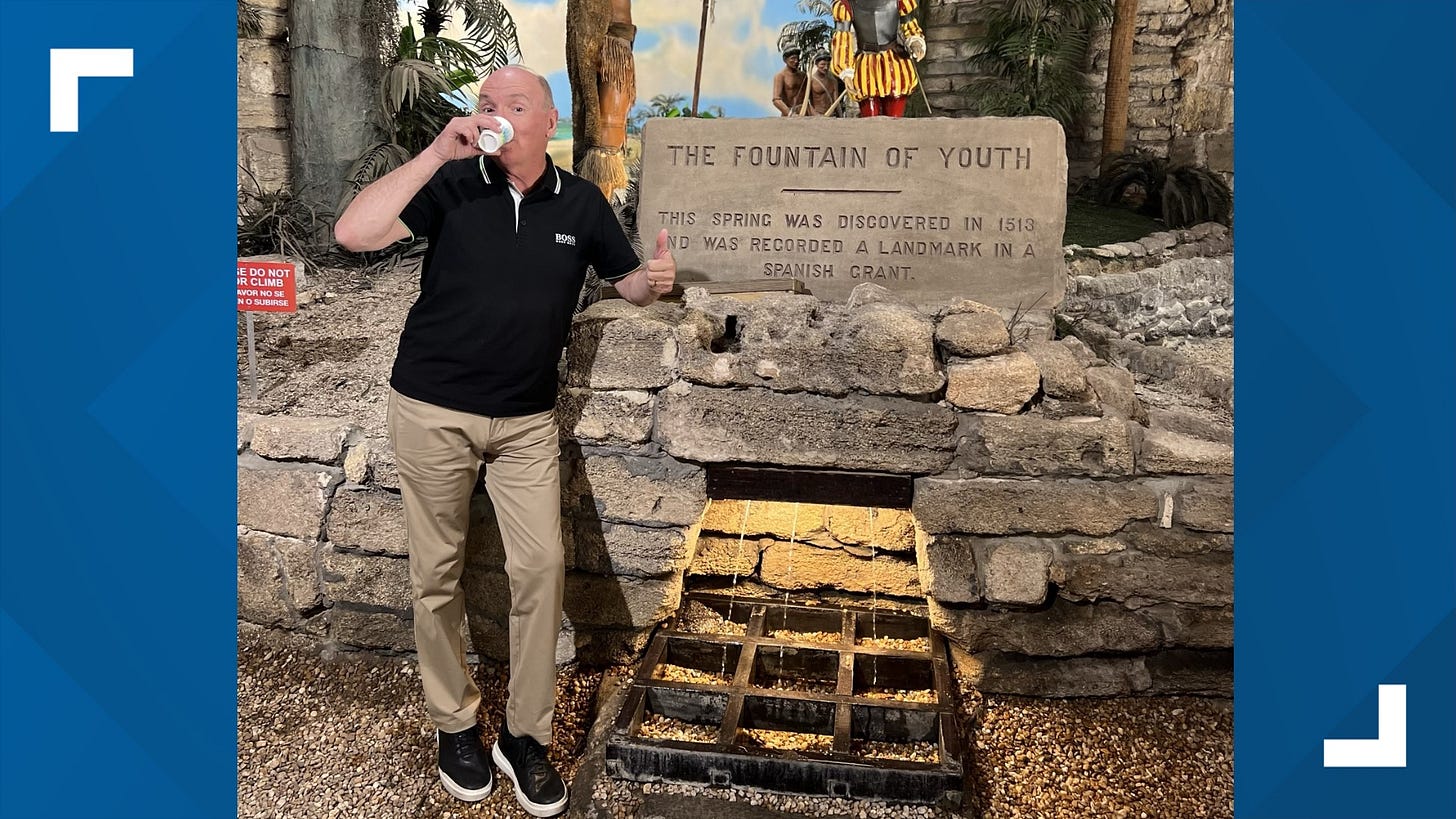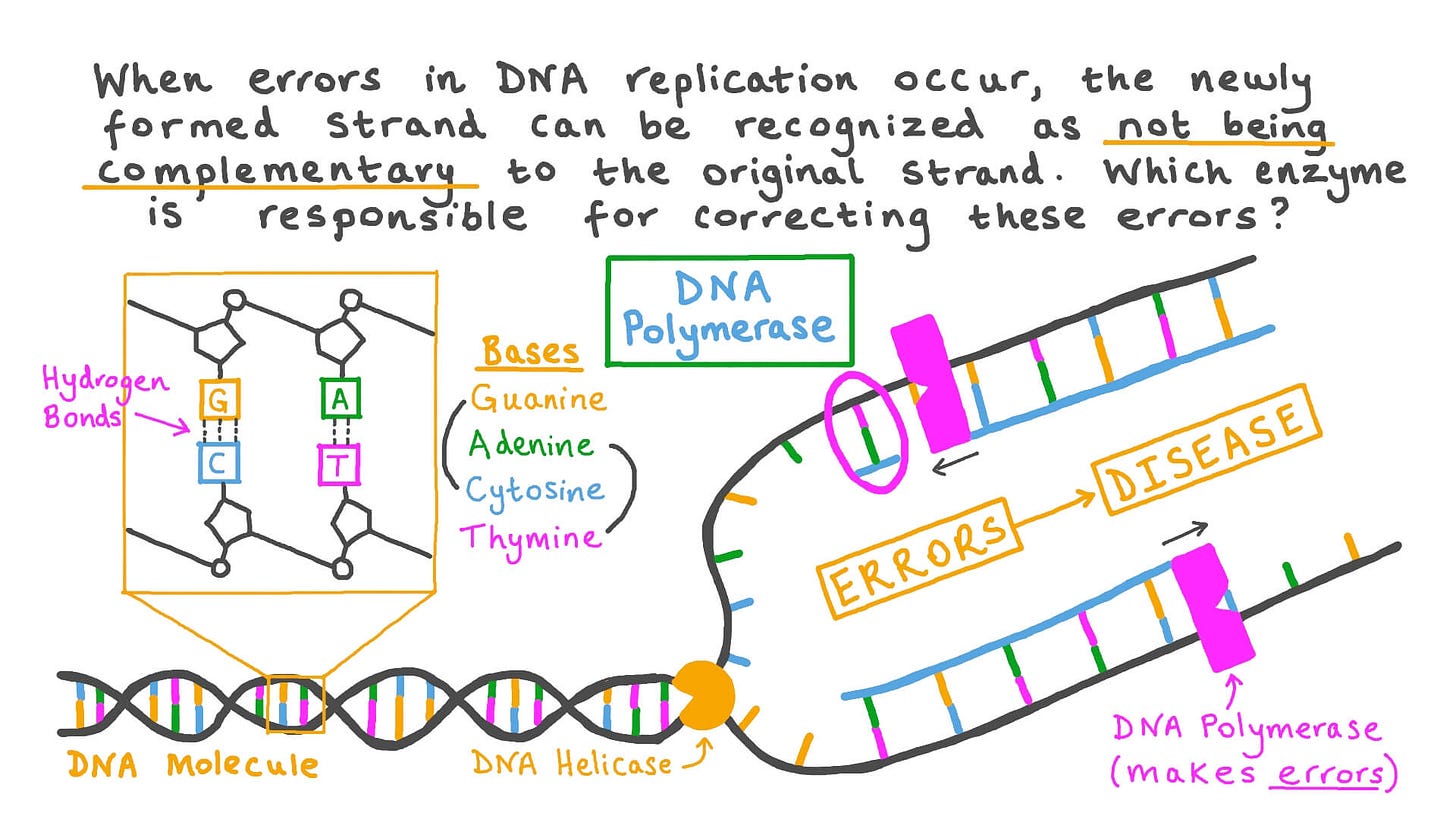LONGEVITY
Life is finite.
DEATH is hard to ignore.
Philosophers use logic to deal with it:
Many use religion.
Some people intellectualize it by focusing on the length of life:
Defined in Merriam-Webster Dictionary, longevity is: 1: the time period during which something exists or lasts.
The American Psychological Association Dictionary defines longevity as: 1. Long life. 2. The actual length of an individual’s life. See also life expectancy.
Life expectancy
is an operational extension of longevity:
…the number of years that a person can, on average, expect to live. …Life expectancy is based on statistical probabilities and increases with: 1) medical care advancements and 2) hygiene improvements.
“Lifespan” is a longevity term:
1. The maximum age an individual can obtain within a particular species.
2. The precise length of an individual’s life.
“Maximum” human lifespan is between 120 and 150 years.
This entry addresses two questions.
What are the implications of longevity on you?
How can you adapt to age-related decline?
Human lifespan depends on biology or genetics (70%), lifestyle or the environment, and psychological attitude (20%), and, of course, “LUCK” (10%).
The top physiological measures predicting longevity are:
VO2max
grip strength
leg strength
balance
muscle mass
muscle strength
The above graph highlights high individual variation in the older ages. This pattern is the same across all five measures. Variation underscores why some people appear to be 80 years old at 60, and vice versa.
The #1 (BEST) Predictor of longevity, by any metric, is:
long-lived biological parents, particularly the biological mother
The premier science Journal, Nature, 546, E16-17, 2017, summarizes lifespan as:
…there is a limit to human lifespan of around 115 years, … maximum reported age at death (MRAD) in Japan, France, the United Kingdom, and the United States has not increased since 1995. However, this does not necessarily mean that no one will survive beyond the age of 115... Japanese women are expected to reach an age of 118 by 2070. We can project that an age of 125 years will be reached by 2070. This projected increase in…(MRAD) suggests… a limit to human lifespan is not yet in sight…
Would you like to live to be 122 years old?
YES NO MAYBE
Most would answer NO.
People don’t want to live 24/7 in a nursing facility.
HOWEVER:
The image of supercentenarians wasting away in a nursing home is
FALSE.
MOST supercentenarians live robust lives.
In 2024, there were 660+ “Supercentenarians” worldwide (persons living 110+ years or older).
“Supercentenarians” are, by and large, free of chronic diseases, stroke, dementia, cancer, Parkinson’s disease, and diabetes.
If you live 110 years or more, there is probably a reason “why.”
“RESILIENCE.”
Supercentenarians are more biologically resilient than most people.
When death occurs in supercentenarians, it is often sudden, and they are frequently still walking before it happens.
Supercentenarian death is typically cataclysmic, like a heart attack due to exhaustion of “organ reserve” (The house of cards collapsing). Lingering death is unusual.
WHAT IS ORGAN RESERVE?
TRUISM #1: PRESERVING ORGAN RESERVE = LIVING LONGER
The concept of “organ reserve,” a subordinate term to “reserve capacity,” is one of the most crucial ideas studied in the 21st Century.
Reserve capacity is a consequence of the organism's “redundancy,” or its ability to address environmental stress and challenges due to predetermined physiological “surplus.”
If you are sick, the illness is a “stressor,” and the stressor (COVID-19) impacts your entire physiology.
If you are 20 years old, you have a substantial organ reserve, meaning you have a greater capacity than needed for normal functioning. Your body automatically accesses its redundancy to: 1. fight, 2. repair, and 3. prevent organ insult.
Recovery comes at a physiological cost as your body draws “credits” from its “redundancy bank.”
Any organ system (such as the heart or lungs) can operate at 30 times its standard capacity; the excess is in reserve.
Suppose you are an athlete and push yourself beyond your normal capacity. To do so requires “organ reserve.”
It “hurts” to push yourself to athletic performance levels. Your body, organs, and cells begrudgingly give up organ redundancy, manifesting in the pain of exertion.
Aging diminishes redundancy.
There is a 1.4% annual reduction in organ redundancy.
If, at 85 years, you are stressed, as by COVID, you might die because your body doesn’t have the organ redundancy to fight infection.
This is why someone, at 90 years old, gets the flu and dies.
Organ redundancy is nearly gone at 95. At this age, almost any occurrence (a common cold) can trigger a catastrophic event.
Reserve capacity, which encompasses organ redundancy, is generally present, although not evenly distributed throughout the body.
Biological reserve capacity follows a priority model, with higher-need organ systems, such as the brain, receiving the most. The Neurological System (including the brain) is at the top of the list, followed by the cardiovascular and pulmonary systems.
EXAMPLE: The brain can take more insults than your knee, even though you need your knee to move.
The brain is protected in a single bone (the skull). The skull is like a football helmet with liquid cushioning. Your body understands it is easier to replace a knee than a brain.
TRUISM #2: ADAPTING TO DIMINISHED FUNCTION = LIVING LONGER
As we age, we experience a decline in our functional abilities.
Functional Decline occurs as a consequence of aging, typically starting around the age of 40.
Running example: Below is a graph of 3,446 unique World Marathon runner times across age in male and female competitors. Note that at 40 years, real decline starts.
This graph is a striking example of age (and sex) on running times in trained athletes.
Older athletes have run more marathons than the younger athletes, so they should have more experience and skill.
Age effects outweigh any experience or training that might have given older runners an advantage.
How does one adapt to functional decline?
To reverse age is not possible.
Age-related functional decline is subtle.
Barring accidents or catastrophes (or living in a smog-infested environment, such as Bangladesh), most people are unaware of age-related decline until they reach their 60s.
At 65, most people are experiencing age-related decline, but still, few take remedial action.
TRUISM #3: AGE-RELATED DECLINE IS MANAGEABLE.
We will never discover the fountain of youth.
However, there are things people can do NOW to manage age-related decline. I list some below:
Avoid cigarette smoking, alcohol use, and substance abuse, including narcotics, at all costs.
Regular Exercise (or activity). Need I say more?
Preventive Medical Check-ups at least once a year after the age of 60. Acting on findings from these check-ups.
A reasonable and regular diet that consists of at least two or no more than four meals a day with medium to small portions of healthy food at each meal. Most research suggests that skipping breakfast or eating late at night is not advisable.
A daily routine in which you have at least one-quarter of your day (or one day a week) engaged in something that you perceive as meaningful or purposeful. This could be part of your personal belief system, in a job you value, in a volunteer activity, through a social or family activity, or in an intellectual activity where you engage (as opposed to passively watching TV or surfing the internet alone).
Interpersonal contact at least twice a week that involves face-to-face interaction with someone (not electronically mediated). This means getting dressed and getting out, even if it's just to a coffee shop once a week.
Preserve the function of your sense organs: Hearing, smell, sight, touch, and taste. (e.g., regular eye exams, hearing testing (aids if necessary), getting out and smelling and experiencing nature or natural surroundings, etc.
Preserving a positive outlook: Planning your future, or at least considering what you want to do in the future.
Consolidating your life and your living situation, diminishing clutter in your life and your home, and creating a living space that is comfortable and “aesthetic” to your tastes. Make your space inviting, clean your home or apartment regularly, and organize your life.
Prioritizing your independence and autonomy. In the Western world, freedom and autonomy are two essential human needs that contribute to overall well-being and longevity.
What about Drugs?
Pharmaceuticals and other external agents, including vitamins, herbs, oils, and a range of naturopathic substances, have been postulated to extend life.
Whether these substances, compounds, oils, and drugs can extend life revolves around three theories of age-related decline.
Genetically programmed longevity theory, which posits that silencing specific senescent genes can diminish age-related decline and extend life. EXAMPLE: Modifying Telomere length through the administration of mRNA therapies slows degradation.
Endocrine theory, which assumes aging is governed by a metabolic biological clock whose timing is regulated by endocrine mechanisms (pancreas). EXAMPLE: The insulin-like growth factor 1 (IGF-1) is a treatment that stabilizes endocrine regulation, thereby slowing the aging process.
Immunity theory assumes that the immune system is programmed to decrease its functionality (immunosenescence) at a given point in the aging cycle. As the immune system degrades, susceptibility to age-related inflammatory pathologies increases. EXAMPLE: Life extension vaccines are postulated to delay immunosenescence.
Across these three theories, there are specific aging processes that are driven by age-related and bio-environmental decline, shortening lifespan:
Wear and tear destruction (blue light treatments)
Metabolic instability (metformin drug therapy)
Cross-linking errors (collagen supplements)
DNA mutations (mRNA therapeutics)
Molecular decay due to free radicals (antioxidant drugs)
There are drugs, such as metformin (or Glucophage XR), a diabetes medication, that have bona fide evidence for slowing age-related decline, particularly at age 70 and older.
Meformin’s mechanism of action is to decrease the amount of glucose produced by the liver, thereby limiting excess organ oxidation. This, then, slows the loss of brain-organ redundancy. Metformin is associated with declines in brain cell deterioration.
Genetic manipulation holds the most “future” promise.
Studies have identified genetic characteristics in Supercentenarian samples that protect or support their longevity.
This is currently achieved through rapid “DNA repair.”
The figure below describes one of these repair sequences. I will explain the details of this display in a separate blog entry. The specific approach to DNA repair is called complementary restoration.
The identification of specific enzymes (as noted in the above graph) accomplishes this, as administered either through genetic editing or direct infusion.
In summary, the best approach to preserving “reserve capacity” is to a) manage your time and energy, b) focus on things you personally value, and c) establish and maintain life routines that can generate purpose and meaning for you.
I will stop at this point. I am planning an entry to discuss, in detail, the benefits of “alternative” drugs, vitamins, and other natural substances for life extension.




